FILTER & KEYWORDS: DISPLAY ALL

E-Harbours
E-Logistics in NSR Harbour Cities
Background and Aim
Aim
The aim of E-Harbours was a transformation of the energy network in North Sea Region harbour cities towards a more sustainable and accessible energy model. This was achieved by setting/implementing new standards with a focus on two key aspects: virtual power plants for industrial end-users and electric mobility.
The partnership aimed to:
- Enlarge the uptake of renewable energy
- Enlarge energy efficiency strongly
- Integrate the electric mobility
- Maintain the stability of the energy network.
The partners aimed to set new, high level standards for future energy management in North Sea Region harbours and feed into ambitions of the EU/National policies. E-Harbours created a transnational knowledge platform and methodology for optimal integration of renewables in highly energy intensive harbour cities using as much as possible all available features as electric cars, electric boats, flexible consumption patterns of industrial end-users and ICT-infrastructures.
Background
Harbours are the connection nodes between river, sea and land, rich in resources and densely populated, especially in the North Sea Region. Around these harbours, the North Sea Region economy has developed itself over the last centuries. Good infrastructure and intelligent logistics have always been a key element.
These harbours are now facing global competition, logistic difficulties and environmental problems: a high level of CO2 production, high level of energy use, low level of energy efficiency, low level of renewable energy production and reduction of economic growth due to negative environmental impacts. The challenge is to innovate the logistic system and improve the environment at the same time. The combination of smart grids and electric transport is very promising for this.
The challenge of the harbours is exemplary for Europe: creating a low carbon society and be leading as innovative knowledge economy. The EU has set an ambitious 20-20-20 agenda: energy consumption < 20%, CO2 emissions < 20% and renewable energy > 20% in 2020 (Renewable Energy Directive).
| PROJECT DURATION | : 2010-09-01 - 2014-02-28 |
| ERDF GRANT | : 2,410,060.00 € |
| ERDF EQUIVALENT | : 0.00 € |
| TOTAL ELIGIBLE BUDGET | : 4,820,120.00 € |
| LEAD BENEFICIARY | : Municipality of Zaanstad, The Netherlands |
| PROJECT HOMEPAGE | : www.eharbours.eu |
Information Hub
Point of departure - Smart Grids
E-harbours newsletter #2
E-harbours newsletter #1
E-harbours newsletter #3
Strategies and Business Cases for Smart Energy Networks (WP3.4)
E-harbours Electric Harbour Logistics
Energy as a proposition Industrial site with lower energy bills has preference
Flexibility enables Green, Cheaper & Local energy for Zaanstad
Presentation e-harbours a Smart Grid needs Smart People
PURE Report 1: The energy issue with harbours – Case study-the Scalloway Harbour
PURE Report 2: Innovative green technologies for a sustainable harbour
PURE Report 3: Applying green technologies to a harbour set up
E-harbours newsletter #4
Application of Smart Energy Networks – part I (WP3.5)
Report on non-technical barriers for smart energy solutions
E-harbours Newsletter #5
E-harbours Newsletter #6
The e-harbours Journey: Point of Arrival document
E-harbours Expert Meeting Summary
Presentations Final Event Let'sGo
supporting documents Final Event Let'sGo
Application of Smart Energy Networks (all individual 3.5 reports)
Finalization of business cases VPP (all individual 3.7 reports)
Presentations Scalloway-meeting (October 2013)
Presentations Orkney-meeting (February 2014)
Overview Deliverables (7th Claim)
Presentations (7th Claim)




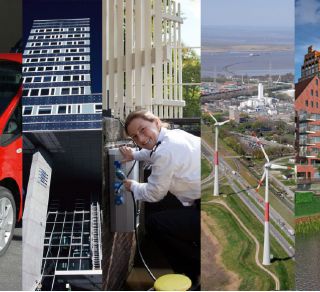
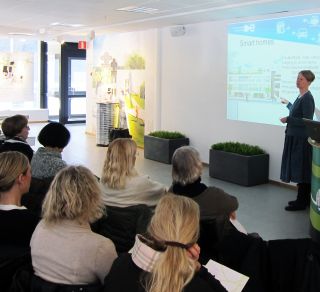
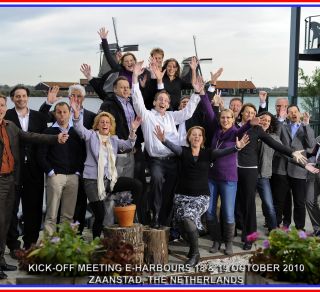
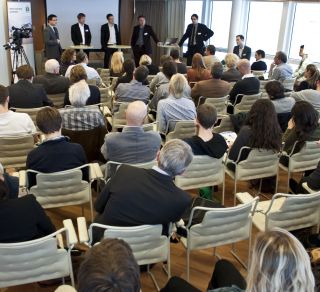
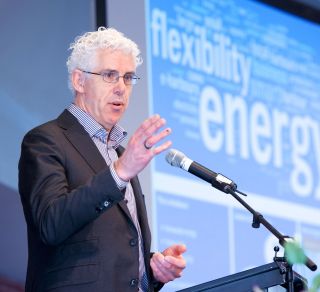
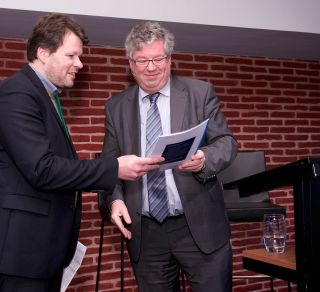
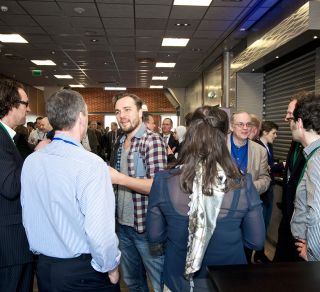
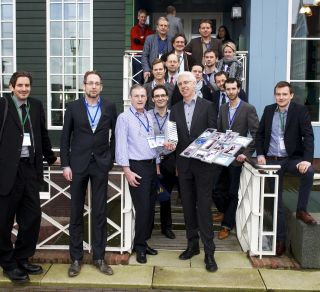











 THE NORTH SEA REGION PROGRAMME SECRETARIAT
THE NORTH SEA REGION PROGRAMME SECRETARIAT